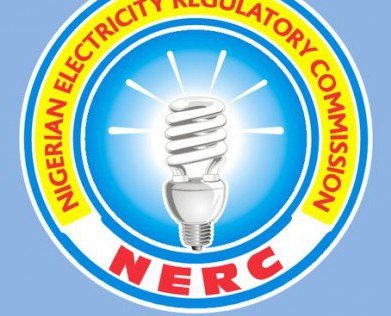We’re Not Aware Of Directive To Reverse Electricity Tariff Hike – NERC
The Nigerian Electricity Regulatory Commission has explained why it has not reverted to the old electricity tariff as directed by the House of Representatives.
Recall that the NERC raised the electricity tariff on April 3, 2024 for the Band A customers who are said to be enjoying 20 hours of daily power supply.
The tariff hike has since generated reactions from Nigerians as consumers who fall under the Band A category continue to lament the surge in their electricity bill.
The Band A consumers are paying N225 kilowatt per hour against the N66 they used to pay.
Addressing the concerns of Nigerians over the electricity tariff hike, the Green Chamber ordered NERC and DisCos to revert to the old tariff.
The directive follows the adoption of recommendations from the House Committee on Power, presented by Victor Nwokolo during a session chaired by Deputy Speaker, Hon. Benjamin Kalu.
But the Spokesperson for NERC, Usman Arabi, said the commission has not received official communication from the Representatives on the directive.
He said, “We have not received official communication from the house on the directive. Usually, when there are resolutions, they will be communicated officially. But we have yet to receive the resolution.”
Similarly, some federal universities in areas designated Band A by the Discos have been groaning under heavy electricity bills.
They lamented that ever since NERC approved the 300 per cent increase in the tariff, electricity bills of their campuses have surged, forcing them to cough out between N80m and N300m monthly.
The Secretary-General of the Committee of Vice-Chancellors of Nigerian Universities, Prof Yakubu Ochefu, said the rise in the energy bills had affected operations of the universities.
Ochefu said, “It does impact the operations of the universities. It is the way it impacts the operations of every organisation. If there is a nearly 300 per cent rise in energy cost, it will affect our operations.”
The Executive Director of Research & Advocacy of the DisCos, Sunday Oduntan, said exchange rate and interest rate are major factors responsible for the electricity tariff hike.
Oduntan noted that the recent increase in tariffs, particularly for Band A customers, is a result of the removal of subsidies.





